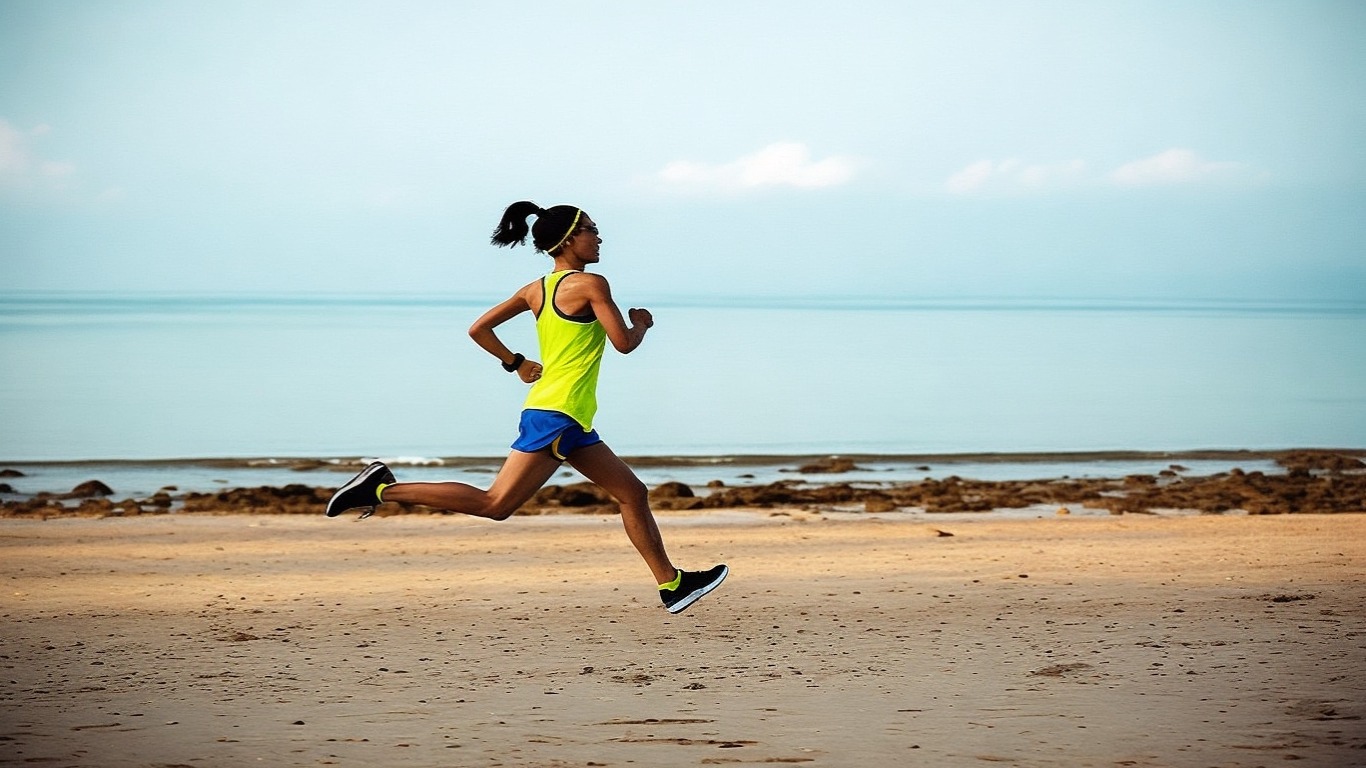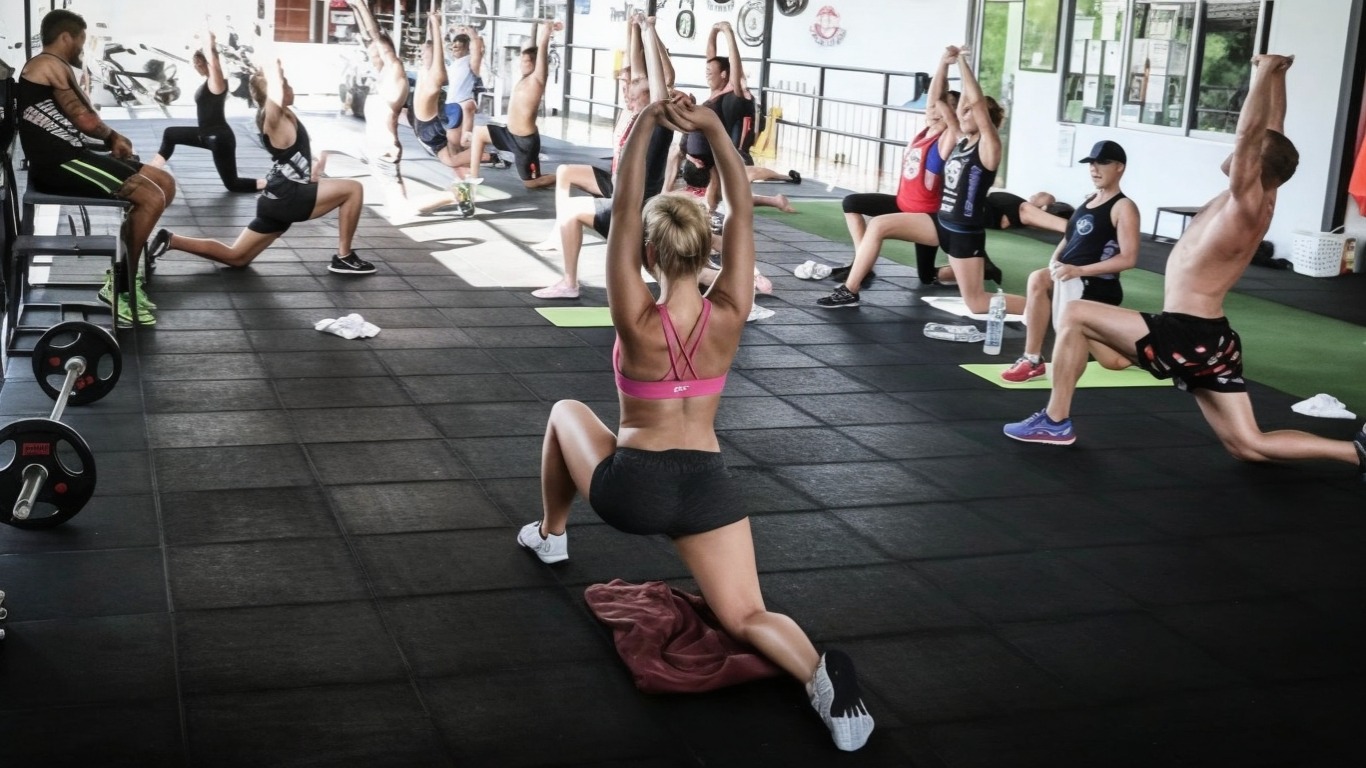Best Physical Exercises for Private Investigators
Being a private investigator is not just about analyzing clues and solving mysteries; it also demands a high level of physical fitness. Private investigators often find themselves in unpredictable and physically demanding situations, requiring agility, endurance, and strength. In this comprehensive article, we will explore the best physical exercises for private investigators to help them stay fit and ready for the challenges they may face. Whether you’re tracking down leads, conducting surveillance, or navigating difficult terrains, these exercises will enhance your physical capabilities and keep you in peak condition for your demanding profession.
Cardiovascular Fitness

Cardiovascular fitness is crucial for private investigators as it directly impacts your stamina and endurance. When you need to keep pace during surveillance, chase down leads, or cover long distances, a strong cardiovascular system is a must. Here are some of the best exercises used by some of the best Australian detectives to improve cardiovascular fitness:
Running: Running is a versatile exercise that can be done almost anywhere. It improves your cardiovascular endurance and builds leg strength. Consider incorporating sprint intervals for an extra challenge.
Cycling: Cycling is another excellent option for building endurance. It’s low-impact and easy on the joints, making it ideal for those who want to avoid high-impact exercises.
Swimming: Swimming provides a full-body workout while being gentle on the joints. It improves cardiovascular fitness, enhances lung capacity, and strengthens both upper and lower body muscles.
Jumping Rope: Jumping rope is a convenient and highly effective exercise for improving cardio. It also enhances coordination and agility, skills that are essential for a private investigator.
Strength and Agility
Private investigators often find themselves in situations that require physical strength and agility. Whether it’s scaling fences, navigating obstacles, or maintaining physical control, a strong and agile body is an asset. Here are exercises to enhance your strength and agility:
Bodyweight Exercises: Exercises like push-ups, pull-ups, squats, and lunges require no equipment and are excellent for building strength and agility. They simulate real-life movements you might encounter during investigations.
Agility Ladder Drills: Agility ladder drills improve footwork and coordination, which are vital for navigating challenging terrains and maintaining balance.
Parkour Training: Parkour is a discipline that focuses on moving efficiently through complex environments. It’s excellent for enhancing agility, spatial awareness, and adaptability.
Functional Strength Training: Incorporate exercises like deadlifts, kettlebell swings, and sandbag lifts to improve overall strength. These movements mimic tasks that you may encounter during your work.
Core and Flexibility

A strong core and flexibility are essential for private investigators, especially during situations that require balance and quick reactions. Maintaining a strong core can also help prevent injury. Here are exercises to work on your core and flexibility:
Planks: Planks are a simple but highly effective exercise for strengthening your core. Variations such as side planks and forearm planks can target different muscle groups.
Yoga: Yoga enhances flexibility, balance, and core strength. It’s also an excellent practice for stress relief and mental clarity, both of which are essential for the job.
Pilates: Pilates focuses on core strength and flexibility. It helps improve posture, which is crucial when you’re on long surveillance assignments.
Stretching: Regular stretching exercises can maintain or improve flexibility. Incorporate stretches for your hamstrings, quadriceps, hip flexors, and lower back.
Self-Defense Training
In some situations, private investigators may need to protect themselves. While physical confrontations are not common, it’s essential to be prepared. Self-defense training can provide you with the skills and confidence to handle such situations. Consider enrolling in a self-defense class to learn practical techniques for personal safety.
Final Thoughts
As a private investigator, physical fitness is a key component of your success. Whether you’re chasing leads through crowded streets, monitoring a target on a hiking trail, or navigating obstacles in the field, your physical condition can make all the difference. By incorporating the best physical exercises for private investigators into your routine, you can enhance your cardiovascular fitness, strength, agility, and self-defense skills. Your dedication to maintaining peak physical condition will not only improve your performance but also increase your safety and effectiveness in the challenging world of private investigations. Stay fit, stay agile, and stay ready for whatever comes your way.



